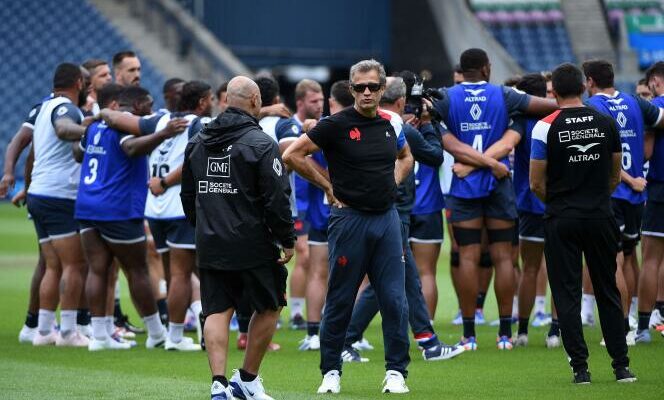“In our time, the mental trainer had absolutely no place at the Games, we were used to having a cook with us: we preferred to eat well instead than improve our mental capacity. » In the mouth of Jean-François Lamour, the formula is, of course, a bit caricatured, but it says a lot about the path traveled since the end of the career of the double Olympic saber champion (1984 and 1988), standard bearer of the French delegation in 1992 in Barcelona.
In the summer of 2024, three psychologists should officially accompany the French delegation for the Olympic Games (JO), from July 26 to August 11, and the Paralympic Games, from August 28 to September 8. As for the mental trainers of the athletes of the French team, they will all, or almost all, have taken up residence in the capital. Unthinkable for a high-level athlete to do without a tool in the service of performance, especially when you are aiming for the Holy Grail, a medal at the Olympics.
The importance of mental preparation is today recognized by the vast majority of sports federations, and integrated into training programs, whether it is an individual or collective approach. Among the Anglo-Saxons, the question has not been debated for a long time.
In France, it is not so long ago that coaches, federations or the athletes themselves observed with suspicion, even distrust, these new actors who had come to interfere in the sporting project. In 2010, the Cercle des nageurs de Marseille was the first national swimming club to integrate a mental trainer. “At the beginning, we were criticized by other clubs, remembers swimmer Camille Lacourt, five-time world champion, retired since 2017, for them, if we called on him, it was because we were weak. »
Good students
Since then, the old jokers have caught the wave, and the French Swimming Federation has assigned a “mental” referent to each of its disciplines (diving, water polo, artistic swimming, racing swimming, open water). The Federation is among the good students, alongside rugby, athletics, rowing and sailing.
By far the most advanced, the French Rugby Federation (FFR) is today taken as a model by French sport. The first technical executives began working on the psychological dimension in 1999. Nearly twenty-five years later, “all French teams have at least one member of their management trained in the foundations of sports psychology”, attests Mickaël Campo, head of mental preparation at the FFR, who created an awareness diploma intended for coaches in 2019.
You have 65% of this article left to read. The rest is reserved for subscribers.
